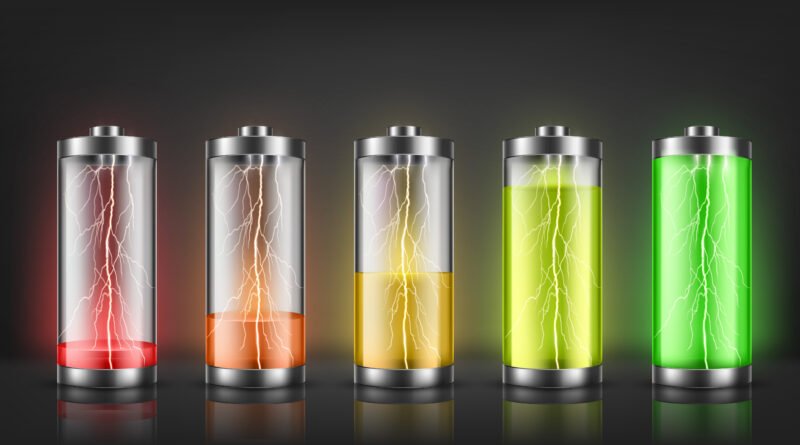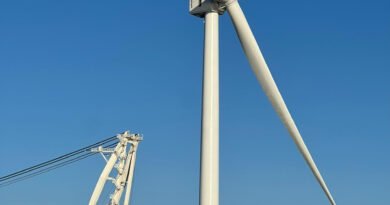‘Breakthrough battery’ from Sweden may cut dependency on China
Europe’s energy and electric vehicle sectors might find relief from their reliance on scarce Chinese raw materials, thanks to a “Breakthrough battery” sodium-ion battery recently introduced by its Swedish developer.
Northvolt, Europe’s primary native electric battery manufacturer, claims to have engineered a more sustainable and cost-effective battery that doesn’t use lithium, nickel, graphite, or cobalt for storing electricity.
Currently, Britain and Europe heavily rely on raw materials sourced from China and other Asian countries for their electric battery industry.
This innovative battery from Northvolt, boasting an energy density exceeding 160 watt-hours per kilogram, was primarily designed for electricity storage plants but holds potential for future applications in vehicles like two-wheeled scooters. Patrik Andreasson, Northvolt’s Vice President of Strategy and Sustainability, described it as a “fundamental breakthrough,” asserting that it represents the first product entirely free from critical raw materials. He emphasized, “This offers an alternative that isn’t tied to specific regions, including China.”
Regarding expanding operations into the UK, Andreasson indicated that while it’s not currently in their plans due to their focused direction, they remain open to possibilities.
The prototype of this battery emerged from Northvolt’s labs in Västerås, Sweden, and will be showcased to potential clients next year. The company has yet to decide on the location for larger-scale manufacturing.
Large-scale battery storage plays a pivotal role in decarbonizing national electricity grids by storing excess energy from renewable sources like wind and solar power for later use when these sources aren’t active.
There has been growing concern among lawmakers about overreliance on China’s scarce resources for critical minerals, especially with the rapid shift of the car industry toward electric vehicles and deteriorating relations between China and Western countries. To combat this, battery manufacturers have been seeking to diversify their supply chains and explore alternative technologies.
While efforts to establish domestic electric battery industries have met mixed results in Britain and neighboring regions, recent developments like the collapse of Britishvolt contrast with positive moves, such as Tata’s decision to invest in a specialist factory worth £4 billion in the UK.
Andreasson emphasized the necessity of regional champions for energy security and job creation, highlighting the significance of having local players in the industry. Northvolt achieved a milestone by producing its inaugural lithium-ion battery cell in northern Sweden in late 2021.
Although the energy density of the new battery is currently lower than most lithium equivalents, Northvolt aims to enhance this aspect while keeping costs in check. The company’s battery, utilizing a high-sodium Prussian white cathode and hard carbon anode, is positioned as a safer alternative at higher temperatures, targeting markets in regions like the Middle East, India, and Africa.
Despite Northvolt’s notable partnerships with companies like Volkswagen, Volvo, and BMW, there are no immediate plans for the company to go public, although it’s been speculated about in the market.
Source – https://www.theguardian.com



